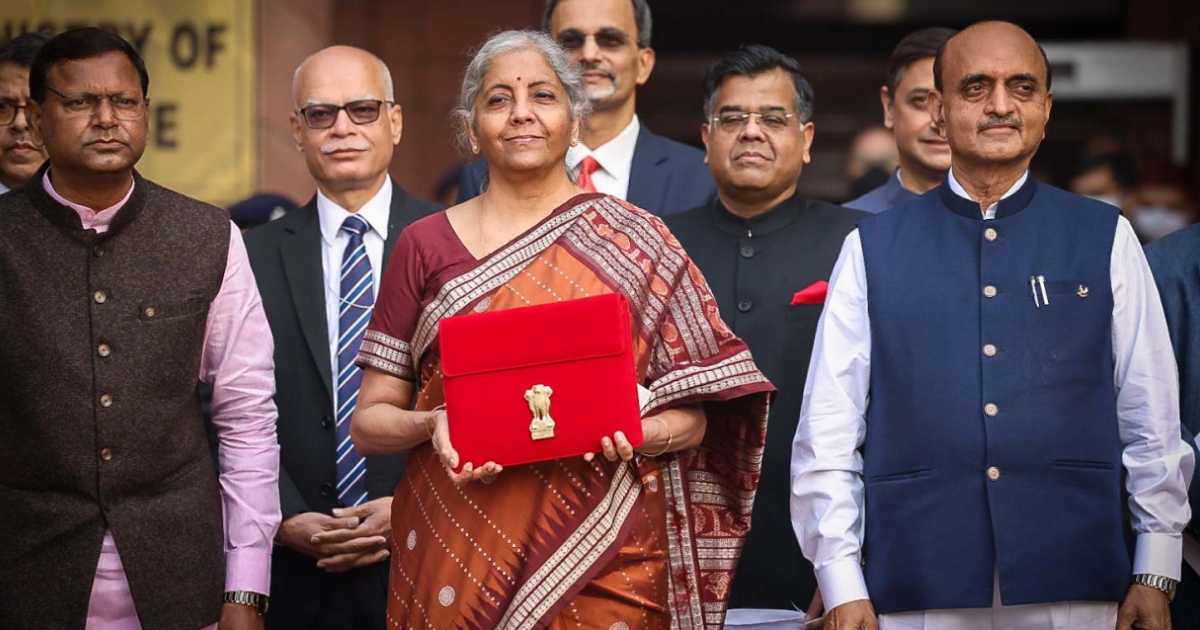(image credit – bnnbreaking.com)
1. Budget Formulation:
Government agencies and ministries submit their budget requests to the finance ministry or relevant financial authority.
These requests outline the resources needed to carry out various programs, projects, and operational expenses.
2. Revenue Estimation:
The government estimates its expected revenue for the fiscal year. Revenue sources include taxes, fees, grants, and other income streams.
3. Budget Approval:
The proposed budget is presented to the legislative body (such as the parliament or Congress) for approval.
Discussions and negotiations take place to address any concerns or modifications.
4. Budget Execution:
After approval, the government begins implementing the budget.
Agencies and departments receive allocated funds to carry out their respective activities.
5. Monitoring and Oversight:
Throughout the fiscal year, there is ongoing monitoring of budget execution.
Oversight mechanisms, such as audits and parliamentary committees, ensure transparency and accountability.
6. Budget Adjustments:
In some cases, adjustments to the budget may be necessary due to changes in economic conditions or unexpected events.
These adjustments may require legislative approval.
7. Budget Reporting:
At the end of the fiscal year, the government provides a comprehensive report on the budget’s execution.
This report includes actual revenues collected and expenditures incurred.
8. Audit and Evaluation:
Independent auditors may review the government’s financial statements to ensure accuracy and compliance with regulations.
The budget’s impact on economic indicators and societal goals is evaluated.
Key Components of a Country’s Budget:
1. Revenue Side:
Tax revenue (income tax, corporate tax, sales tax, etc.).
Non-tax revenue (fees, fines, licenses).
Grants and aid from international sources.
2. Expenditure Side:
Operating expenses (salaries, maintenance, day-to-day operations).
Capital expenses (infrastructure projects, investments).
Social expenditures (education, healthcare, social welfare).
Debt service (repayment of loans).
Budget : also read this
Budget Surplus/Deficit:
A deficit occurs when expenditures exceed revenues.
Budgeting is a critical aspect of governance and economic management, impacting a nation’s economic stability, development, and overall well-being. It reflects the government’s priorities and policy directions, and it is subject to public scrutiny and debate. Public involvement and transparency in the budgeting process are essential for ensuring accountability and addressing the needs of the citizens.




